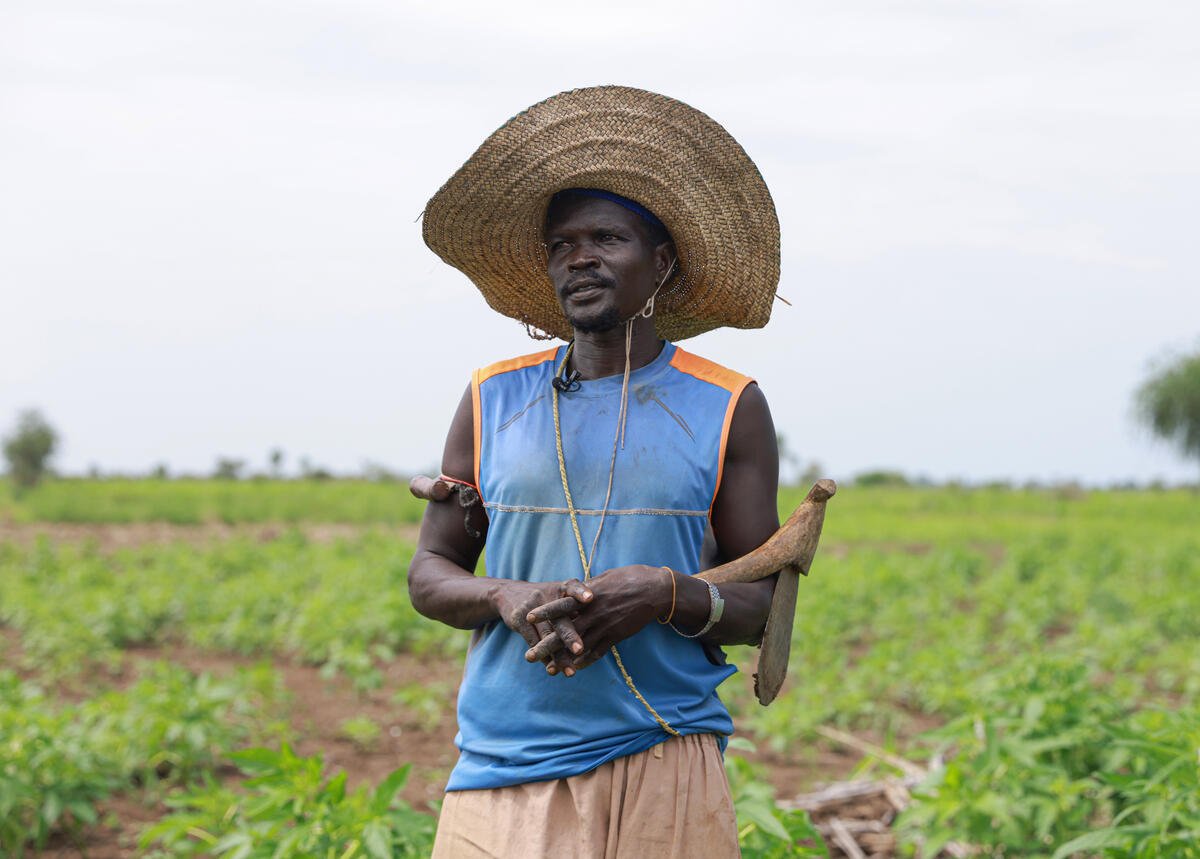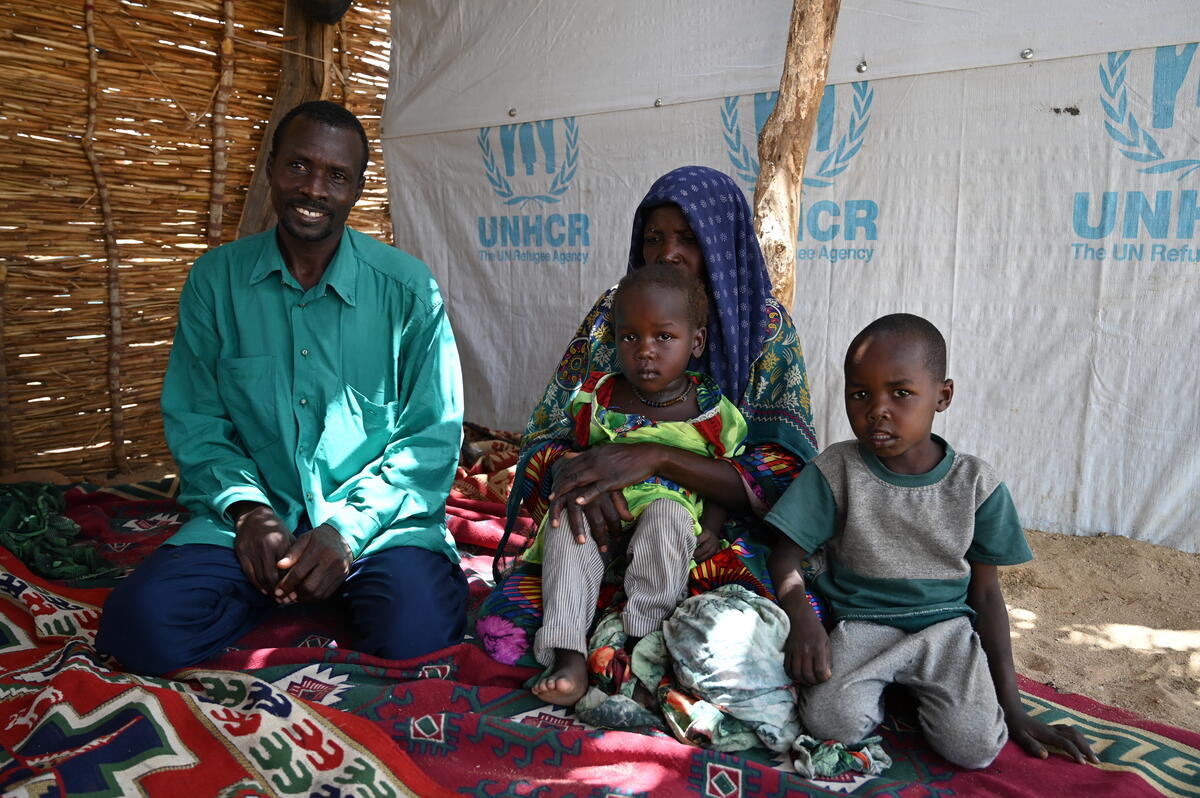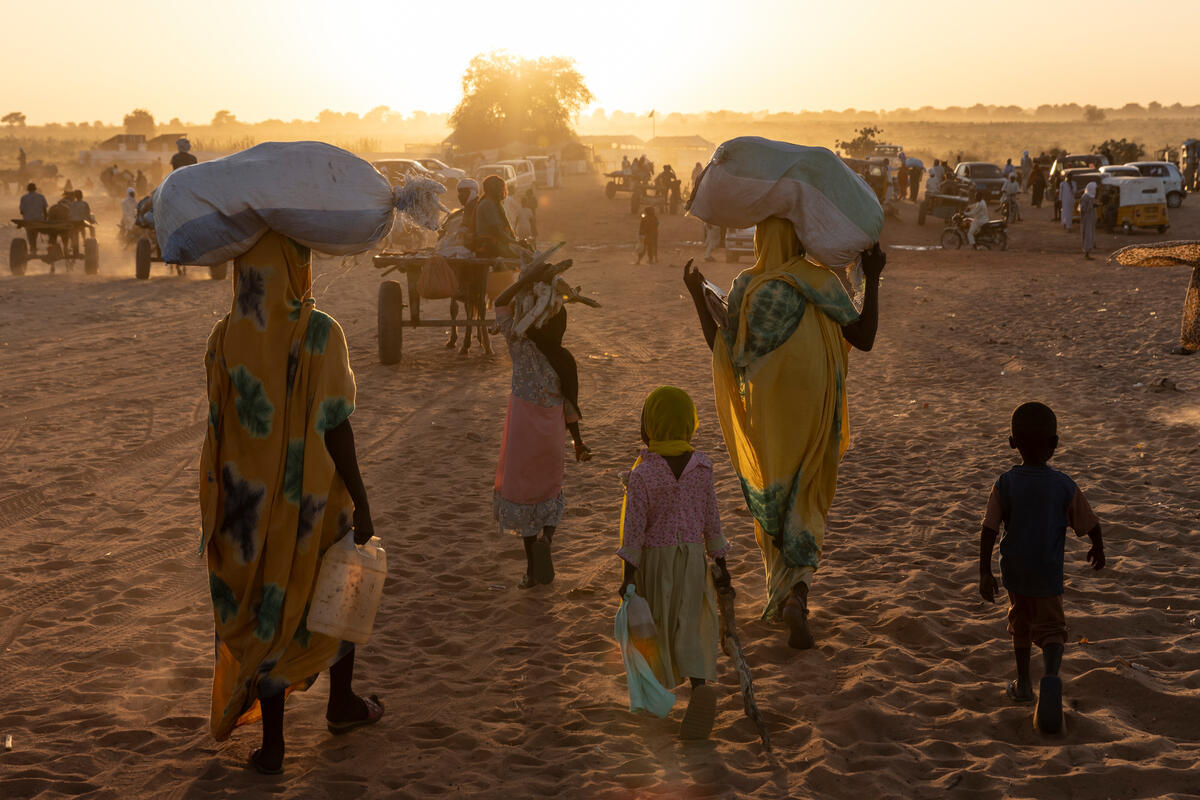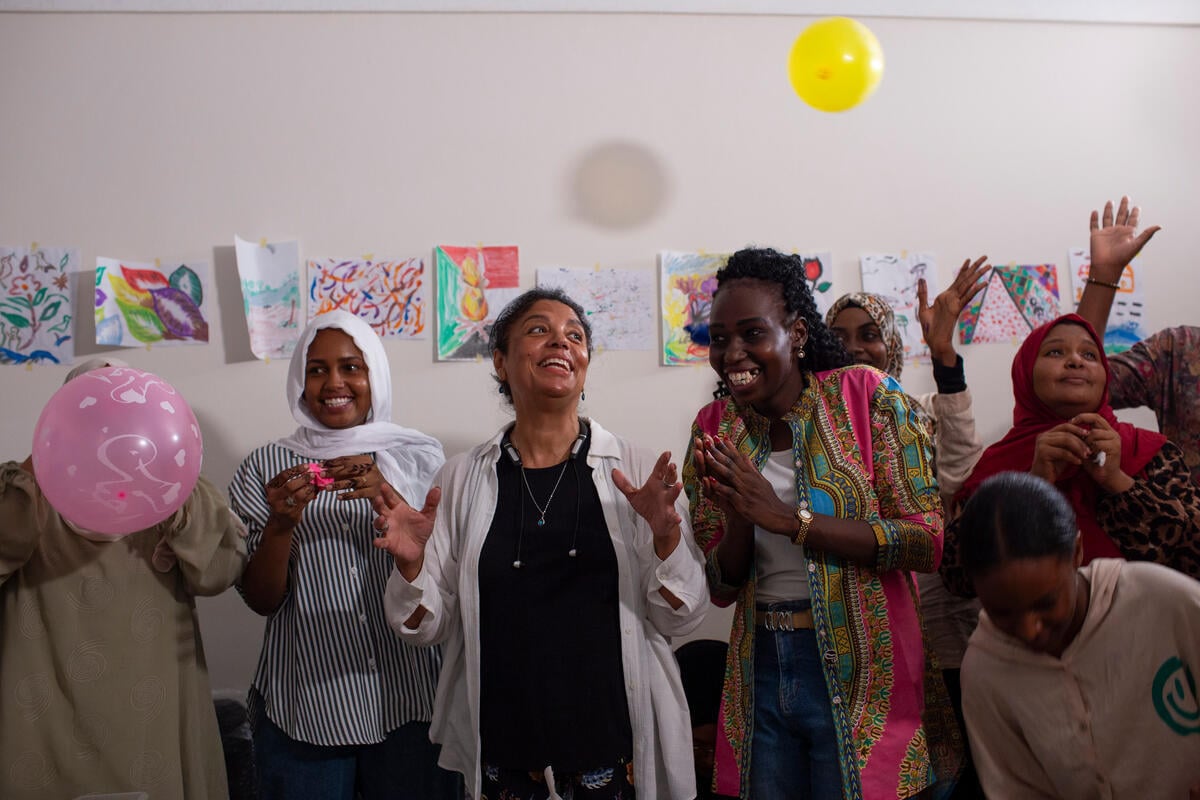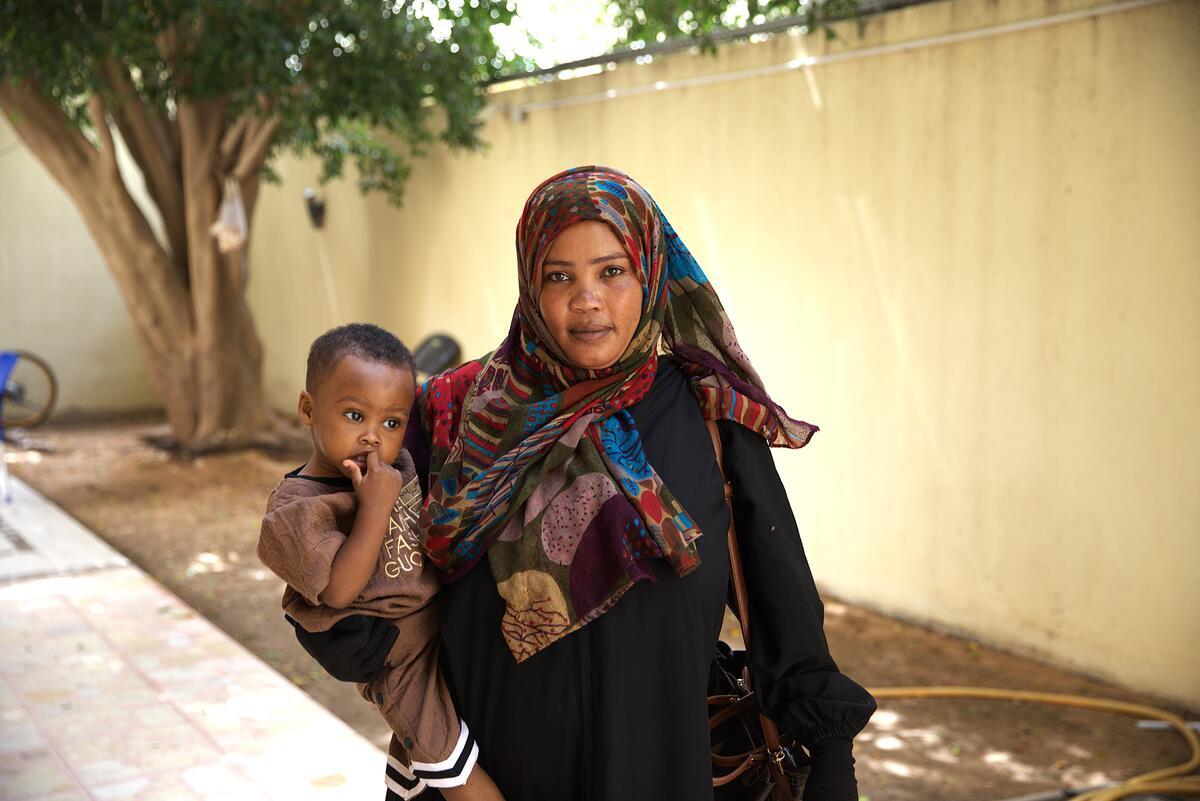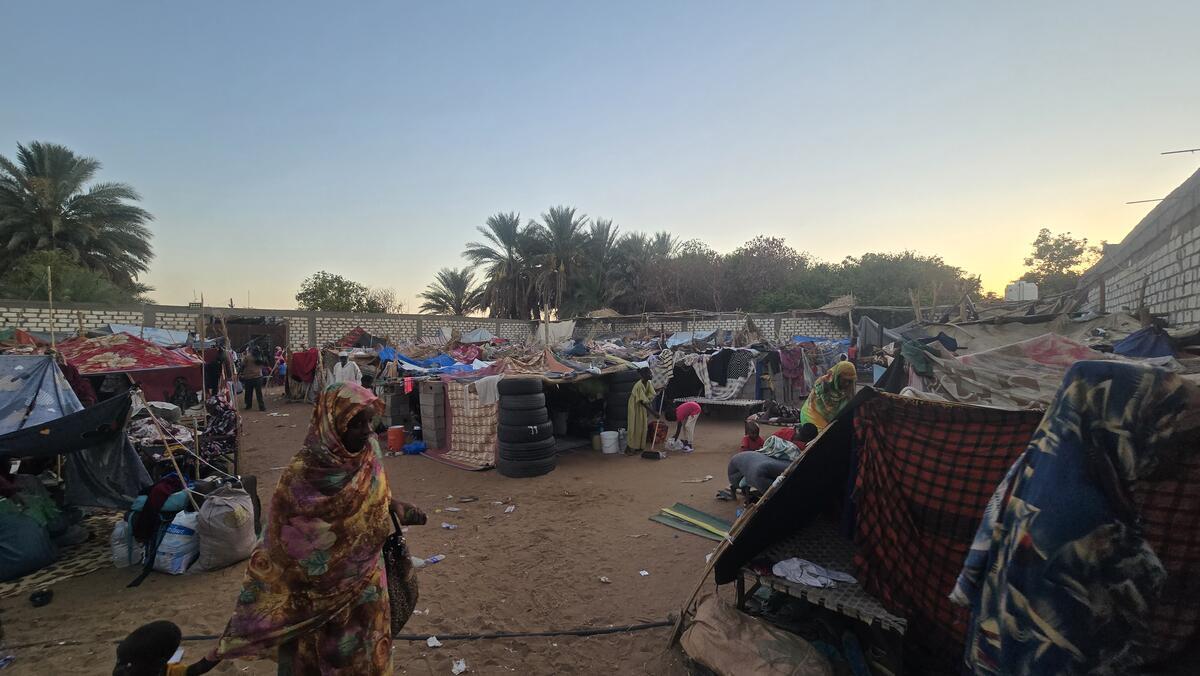Darfur: fighting, killing, rape, displacement continue
Darfur: fighting, killing, rape, displacement continue
Despite a ceasefire signed in April between the Sudanese government and two rebel groups, fighting in Sudan's Darfur region continues to displace civilians who say they are innocent victims. Our staff in Nyala, the capital of South Darfur, report that in the last few days, more than 100 desperate people - women, children and some men - made a dramatic journey on foot and on commercial flatbed trucks through heavy fighting to reach Kalma camp, near Nyala.
They came from the region south-east of Nyala, where the Sudanese government and janjaweed militia last week reportedly launched an offensive against territory largely held by the rebel group, SLA (Sudan Liberation Army). The displaced people tell a tale that has become familiar in 16 months of fighting. They say their villages were bombed by Antonov aircraft and helicopter gunships. After that, they tell us, armed men in pickup trucks and on horseback and camelback killed men, women and children, raped women, stole their possessions and animals, and burned down their homes.
Kalma IDP camp, 17 km south-east of Nyala, where they have sought refuge, is now home to at least 40,000 people, and international aid agencies are struggling to provide food, water and medical care to the displaced people - including many severely malnourished babies.
Another group of recent arrivals at Kalma - perhaps 1,500 people or more - were evicted at the end of last week from a makeshift camp by government police and soldiers who said they were squatting illegally on private land next to the road to the Nyala airport. UNHCR is concerned about reports that some women were beaten to force them to move, their makeshift shelters were destroyed and the site today is an empty field strewn with discarded plastic bags.
Meanwhile, in West Darfur province, we are working with the government to make sure that any movement of displaced persons in that region is fully voluntary. The government has asked UNHCR and other agencies to help evaluate sites for formal camps for the internally displaced people, who mostly are camped out in spontaneous, unorganised sites from which the government wants them to move.
On another matter, members of the UNHCR emergency team in El Geneina, (the capital of West Darfur) met representatives of an estimated 3,500 Chadian refugees who fled to Darfur in the early 1980s. They tell us they have also been victims of the violence that has hit local residents of Darfur, and they want to go home with our help. UNHCR plans to help them go back to Chad, in what we are calling an "emergency evacuation", rather than a regular repatriation. The areas they want to return to - around Abéché in eastern Chad - are in the same region as eight new UNHCR refugee camps housing 118,000 Darfur refugees.

